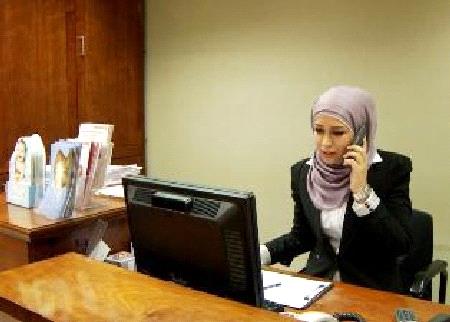-
Top Stories -
Most Popular
-
King, Kuwait emir reaffirm pride in deep-rooted relations
-
King, Crown Prince receive Kuwait emir at Marka Airport
-
Army carries out 7 airdrops on Gaza with international participation
-
Kuwait Amir departs to Jordan on state visit
-
Gov't announces holiday for Christians on Palm Sunday, Easter
-
Wanted man turns himself in to Anti Narcotics Department
-
Celebrity handbag designer sentenced to 18 months in prison
-
Ten dead as navy helicopters collide mid-air in Malaysia
-
Qatar denounces Israeli officials for ‘attacking the mediator’
-
London: Head teacher announces plans to introduce 12-hour school day
-
Biden says China 'cheating' on steel prices
-
Customs department thwarts cigarette smuggling attempt
-
Number of arrivals to Jordan via low-cost, regular flights declines by 50%
-
Oil settles slightly higher as Iran plays down reported Israeli attack
-
GPS disruption to continue over military threats, TRC says
-
Drug dealers arrested across Jordan, one classified as dangerous
-
JIACC: Customs employee detained after embezzling JD48,250 within 4 months
-
Jordanian tourism departures surge by %25.3
-
Warm weather in most regions until Sunday
-
Security Council meets to address UNRWA at Jordan's request
Women’s participation in economy still low in Kingdom — WB
06-04-2014 09:17 AM
Ammon News - AMMONNEWS - The rate of economic participation of women in Jordan is among the lowest in the world, standing in sharp contrast to the “impressive” achievements related to the country’s human development record over the past three decades, a World Bank (WB) report said. |
- no comments
Ammon News reserves the right to delete any comment at any time, and for any reason, and will not publish any comment containing offense or deviating from the subject at hand, or to include the names of any personalities or to stir up sectarian, sectarian or racial strife, hoping to adhere to a high level of the comments as they express The extent of the progress and culture of Ammon News' visitors, noting that the comments are expressed only by the owners.
| name : * | |
| comment : * | |







 comment replay
comment replay 